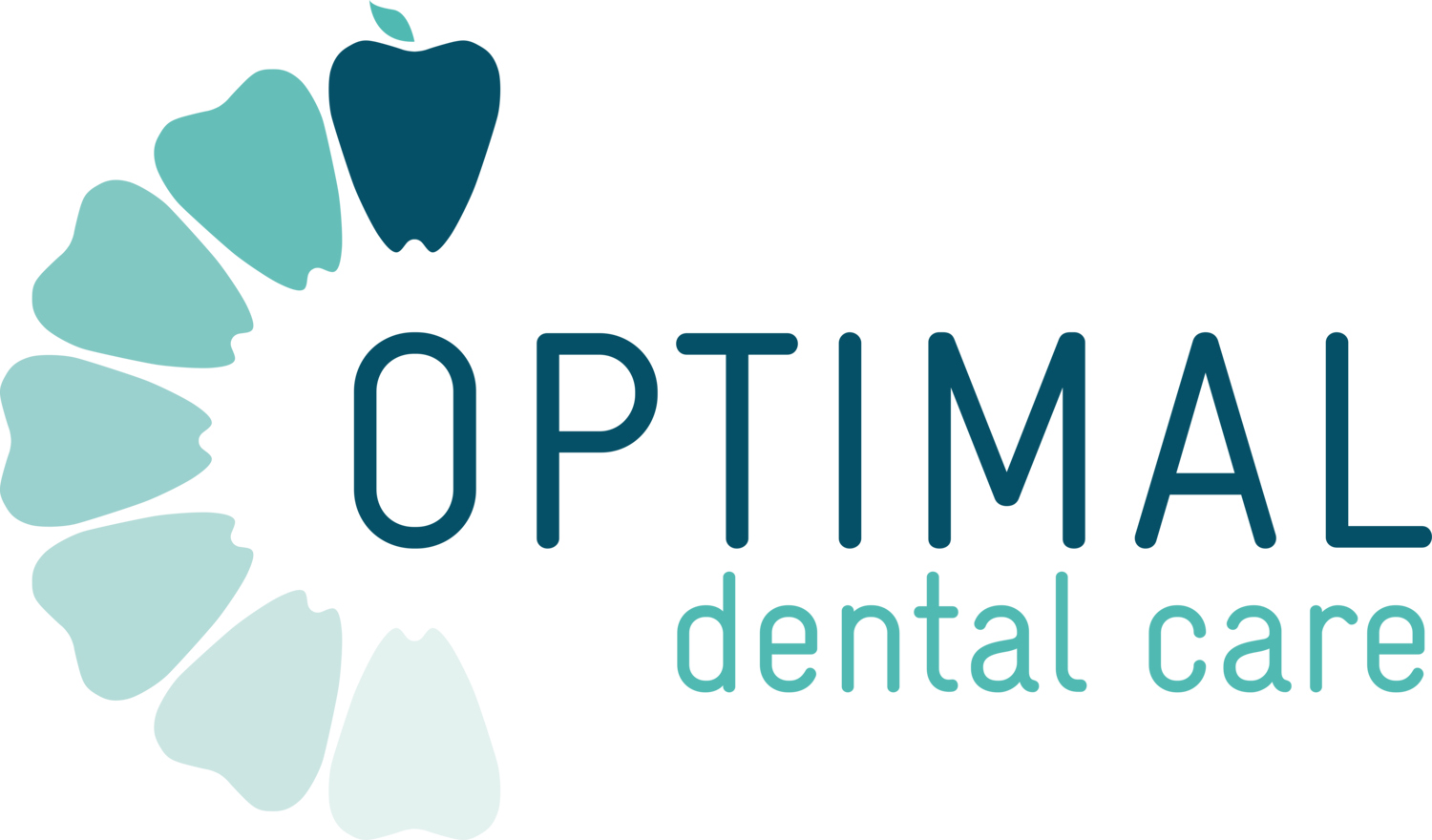How to care for your dental implants
Dental implants are a popular and effective solution for replacing missing teeth, offering a long-lasting and natural-looking option for restoring your smile.
However, like natural teeth, dental implants require proper care to ensure their longevity and functionality.
Before diving into care practices, it’s important to understand what dental implants are. A dental implant is a small titanium post that is surgically placed into the jawbone, acting as a replacement for the root of a missing tooth.
Once the implant has integrated with the bone, a crown is attached to it, providing a sturdy and aesthetically pleasing solution for tooth loss. With proper care, dental implants can last a lifetime, making it essential to follow the best practices for maintenance.
Daily oral hygiene practices
The foundation of dental implant care lies in maintaining excellent oral hygiene. Just like natural teeth, dental implants need to be cleaned regularly to prevent plaque buildup, which can lead to gum disease and other complications.
● Brush your teeth at least twice a day, using a soft-bristled toothbrush. It’s essential to clean all surfaces of your teeth, including the areas around the implant. Consider using a toothbrush designed specifically for dental implants, which has bristles that can reach under the gum line and around the implant. Electric toothbrushes are also effective, as they can provide more thorough cleaning.
● Flossing is crucial for removing plaque and food particles from between the teeth and around the implant. Use a floss designed for implants or a water flosser, which can be particularly effective in cleaning around the implant. Be gentle to avoid damaging the gum tissue.
● Incorporate an antimicrobial mouthwash into your daily routine. This helps to reduce bacteria in your mouth, keeping your gums healthy and reducing the risk of infection around the implant.
● For additional cleaning, consider using interdental brushes. These small brushes can reach spaces that a regular toothbrush and floss might miss, providing a more comprehensive clean around the implant.
Regular dental check-ups
Regular dental check-ups are essential for maintaining the health of your dental implants. Your dentist will monitor the condition of your implants, ensuring they remain secure and healthy.
Visit your dentist at least twice a year for routine cleanings and exams. If you have implants, your dentist may recommend more frequent visits to closely monitor your condition.
During your dental visits, a professional cleaning will remove any plaque or tartar buildup that you might have missed during your daily routine. This is particularly important for implants, as buildup can lead to peri-implantitis, an infection that can cause the implant to fail.
Periodic X-rays may be taken to check the bone around the implant. This ensures that the implant remains properly integrated with the jawbone and that there are no signs of bone loss or other complications.
Dietary recommendations
What you eat can have a significant impact on the health and longevity of your dental implants. Certain foods can support the health of your gums and jawbone, while others should be avoided to prevent damage to the implant.
A diet rich in vitamins and minerals, particularly calcium and vitamin D, supports the health of your bones and gums. Incorporate plenty of fruits, vegetables, lean proteins, and dairy products into your diet. Staying hydrated is essential for oral health. Water helps to wash away food particles and bacteria, reducing the risk of plaque buildup and gum disease. Avoid hard or sticky foods that can damage your implant or crown. This includes things like hard candies, ice, and chewy caramels. These foods can cause the crown to crack or become dislodged. While implants are not susceptible to decay like natural teeth, sugary foods can still lead to plaque buildup, which can harm your gums and the surrounding natural teeth.
Habits to avoid
Certain habits can jeopardise the health of your dental implants. Being mindful of these and making necessary changes can help ensure the longevity of your implants.
● Smoking is one of the most significant risks to dental implants. It can impair the healing process after implant surgery and increase the risk of peri-implantitis. If you smoke, consider quitting to protect your investment in your dental health.
● Grinding your teeth, especially at night, can put excessive pressure on your implants, leading to damage or failure. If you suffer from bruxism, speak to your dentist about getting a mouthguard to protect your implants.
● Avoid using your teeth to open packages or biting your nails. These habits can cause damage to both natural teeth and dental implants.
Special considerations for children
While dental implants are typically not recommended for children due to their growing jaws, the principles of good oral hygiene still apply. If you're taking your child to a children's dentist in Bondi Junction, ensure they are educated on proper brushing and flossing techniques to establish healthy habits early on.
If your child requires orthodontic treatment, such as braces, discuss with your orthodontist in Woollahra how this might impact their future need for implants or other dental work.
Caring for your dental implants requires diligence and consistency, but the rewards are well worth the effort. By following a thorough oral hygiene routine, attending regular dental check-ups, maintaining a balanced diet, and avoiding harmful habits, you can ensure the longevity and success of your implants.
Remember, dental implants are a significant investment in your oral health, and protecting them should be a priority. If you're located near dental implants in Bondi Junction, make sure to stay in touch with your dentist and follow their recommendations closely.
Incorporating these care practices into your daily routine will not only preserve your implants but also contribute to overall oral health, allowing you to enjoy a confident, healthy smile for years to come.
